Meadow site preparation methods that work?
Georgia_Clay
20 years ago
Related Stories
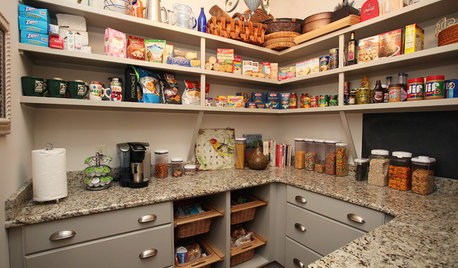
LIFEHow to Prepare for and Live With a Power Outage
When electricity loss puts food, water and heat in jeopardy, don't be in the dark about how to stay as safe and comfortable as possible
Full Story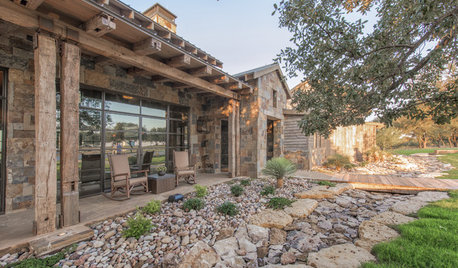
LANDSCAPE DESIGNTo Manage Stormwater Sustainably, Understand Your Site
Follow this guide to learn how water moves through your landscape and how best to manage it
Full Story
GREEN BUILDINGOff the Grid: Siting and Building to Conserve Energy
Look to low-tech solutions for big energy savings when you’re constructing a home
Full Story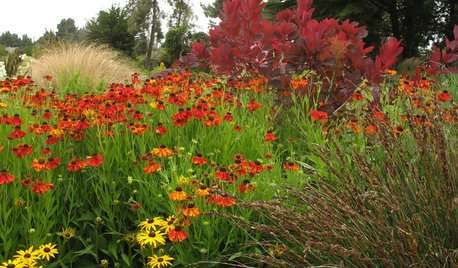
PLANTING IDEASWant a More Colorful, Natural Garden? Try a Perennial Meadow
Spend less time tending and more time taking in the sights by improving on Victorian and prairie garden designs
Full Story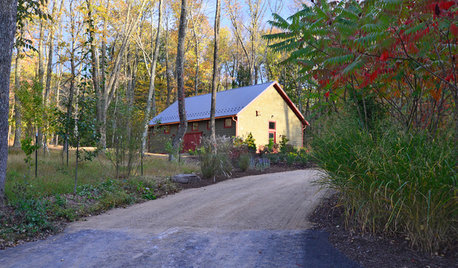
BACKYARD STUDIOSMaster Builder Crafts a Dream Workshop
A design-build firm owner uses an economical building method for his large shed and finishes it off nicely to blend into the scenery
Full Story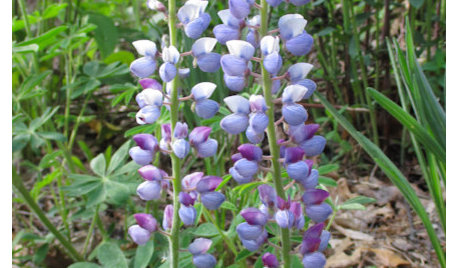
GARDENING GUIDESGreat Design Plant: Wild Lupine Dresses Up Rocky Gardens
Spiky blue flowers and a high tolerance for poor soil make this plant ideal for tough sites
Full Story
LIFE10 Best Ways to Get Organized for a Big Move
Make your next move smooth, short and sweet with these tips for preparing, organizing and packing
Full Story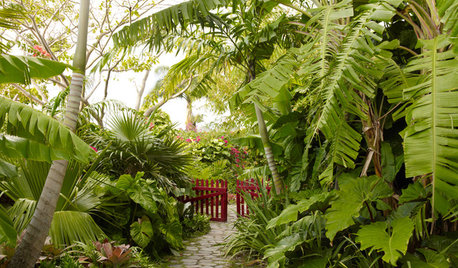
LANDSCAPE DESIGNWild Gardens Bring Excitement and Beauty to Landscapes
Forget what’s expected and ‘fashionable.’ Bold gardens teeming with site-appropriate plants make for a richer experience
Full Story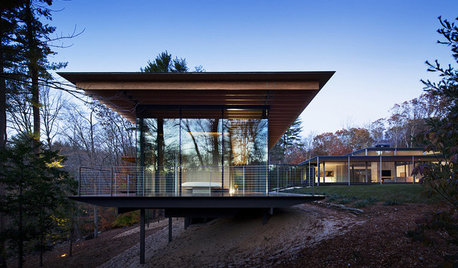
ARCHITECTUREDesign Workshop: How to Make a Home Sit Lightly on the Land
Piers, cantilevers, towers and more can help minimize a home’s environmental impact on its site
Full Story
MODERN ARCHITECTUREMust-Know Modern Homes: Gropius House
Dynamic and sculptural, this New England home refutes a common conception of modern architecture by responding personally to its site
Full StorySponsored






john_mo
AshaK
Related Professionals
Manhattan Beach Landscape Architects & Landscape Designers · Forest Hills Landscape Contractors · Hannibal Landscape Contractors · Lynn Landscape Contractors · Pikesville Landscape Contractors · Ridgewood Landscape Contractors · Shirley Landscape Contractors · Thonotosassa Landscape Contractors · Greenfield Landscape Contractors · Baileys Crossroads Landscape Contractors · Ferguson Landscape Contractors · Crystal Lake Decks, Patios & Outdoor Enclosures · Del City Decks, Patios & Outdoor Enclosures · Lebanon Decks, Patios & Outdoor Enclosures · Pataskala Decks, Patios & Outdoor Enclosuresjohn_mo
denisew
Georgia_ClayOriginal Author
john_mo
hummock